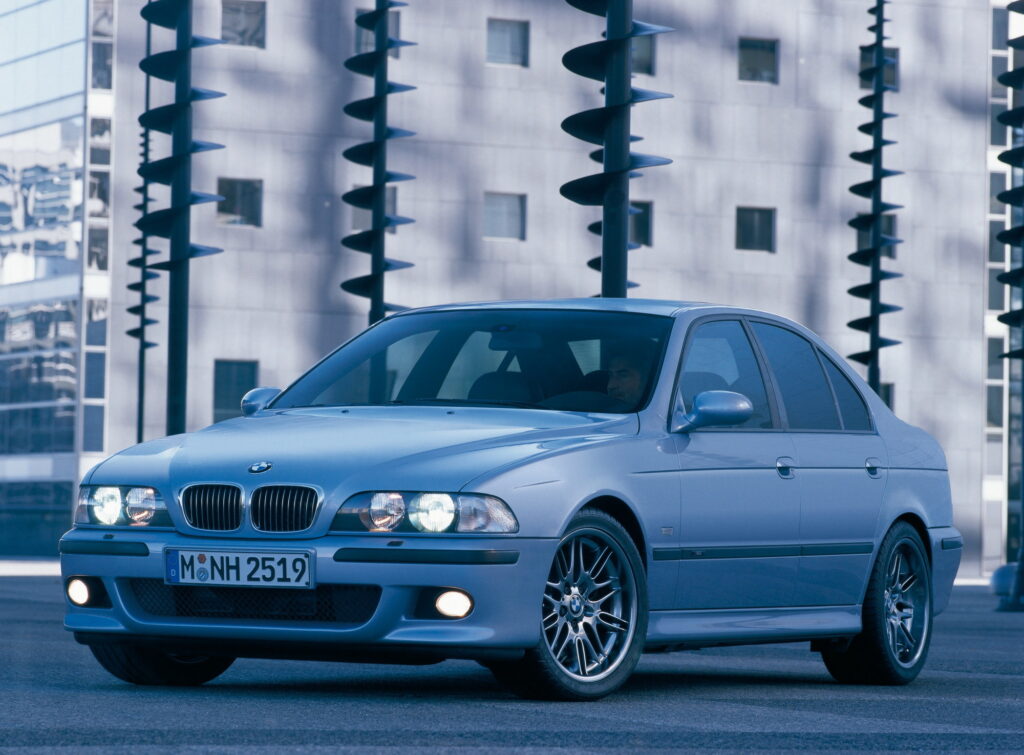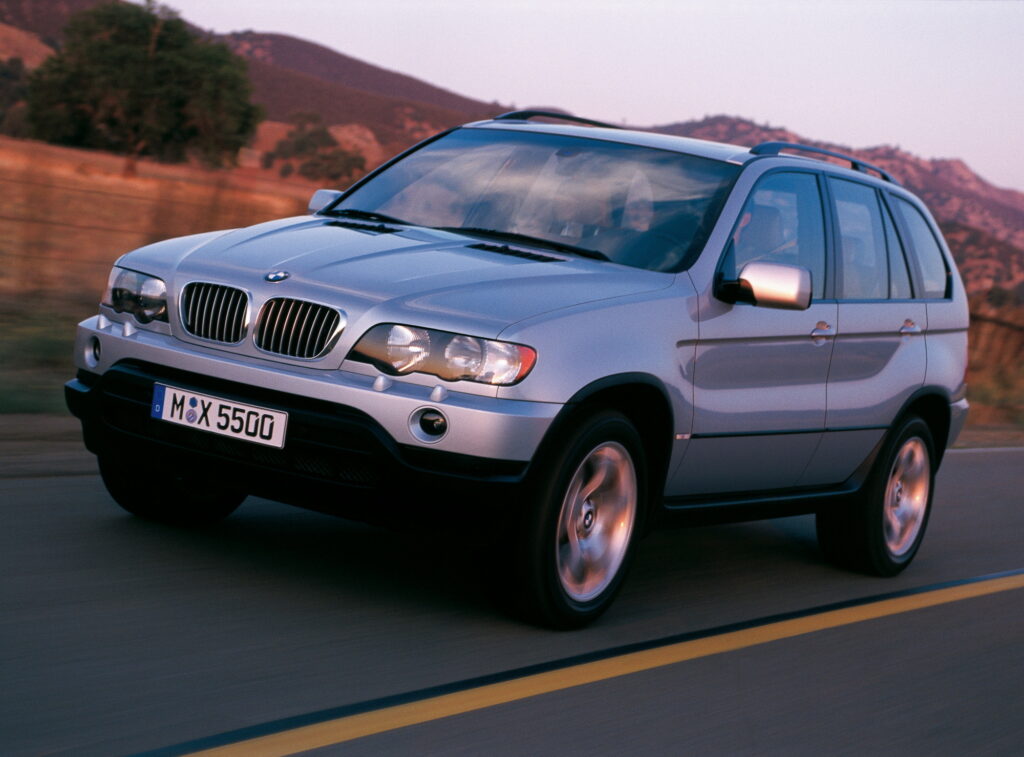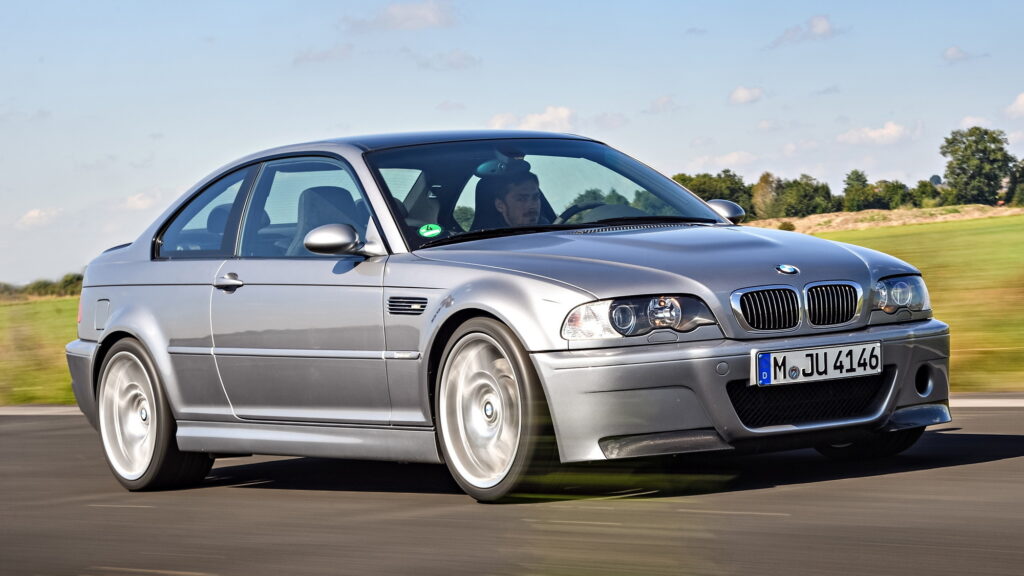BMW is imploring the owners of numerous vehicles from the 2000-2006 model years to stop driving their cars until a vital Takata airbag-related recall is performed. It says that although it has taken great pains to repair vehicles affected by this issue, around 90,000 in the U.S. still need to have their airbags replaced.
“We cannot state strongly enough just how urgent it is for our customers to take this warning seriously,” said Claus Eberhart, VP of aftersales for BMW North America. “We know these airbags only become more dangerous over time, which is why we are taking yet another step to get these parts out of our vehicles.”
The vehicles that still need to be repaired are the 2000-2006 BMW E46 3 Series (including the M3), the 2000-2003 E39 5-Series (including the M5), and the 2000-2004 E53 X5. Certain examples of these vehicles are equipped with dangerous Takata airbags.
Read: Stellantis Confirms Third Takata Airbag Death, Urges 274,000 Owners To Get Repairs

BMW says that it has been reaching out to customers since 2016 when the Takata airbags were first recalled. It has attempted to reach out to customers using the phone, texts, emails, letters, postcards, and even social media.
Although its efforts have led to around 87 percent of all BMWs equipped with Takata airbag inflators being fixed, there remain a large number of vehicles still on the road.

“Customers must park these vehicles immediately and take a few moments to check if their vehicle is safe for them and their family members to drive,” said Eberhart. “Repairing these vehicles is quick, easy to arrange, and is completely free of charge.”
As the vehicles and the recalled inflators age, they only become more prone to failure. As a reminder, if the cars are involved in a crash, the airbag inflator can rupture, sending razor-sharp shrapnel into the passenger cabin which can prove deadly.
BMW says that the parts to replace these dangerous airbag inflators are readily available and that, in some cases, it can send technicians out to a customer to replace their vehicle’s airbag onsite. If the repair cannot be done remotely, it can send out a truck to the customer’s home or office to pick it up at no cost. Replacing the airbag usually takes less than an hour.









